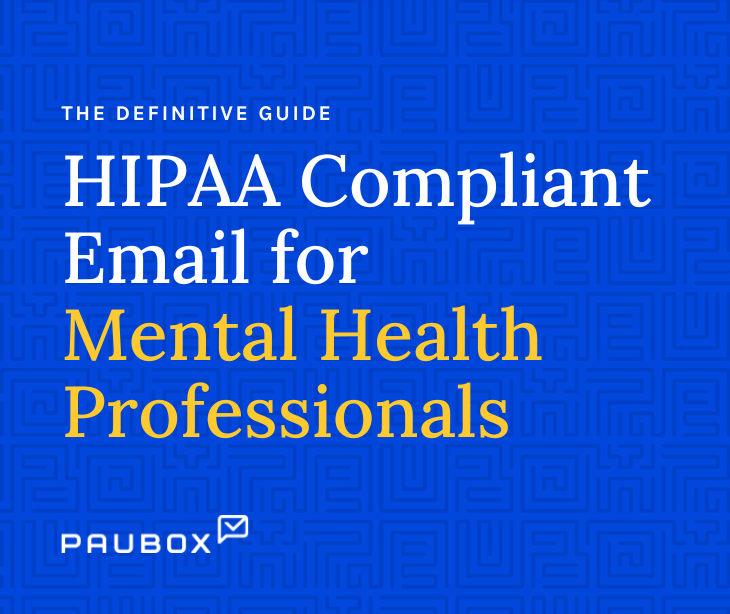
Healthcare organizations can incorporate HIPAA compliant emails into their conflict resolution strategy to enhance communication efficiency and maintain patient confidentiality.
Confidentiality in conflict management
In healthcare, conflicts can arise in various forms, like misunderstandings between patients and providers, and disagreements among healthcare staff. However, covered entities must maintain confidentiality when dealing with sensitive health information.
Without confidentiality, “information released about a situation could result in serious consequences including worsened work relationships, damage to professional reputations, loss of career opportunities, concerns about violence, and more,” explains Iowa University.
So, healthcare organizations must address conflict to ensure “a productive workplace culture that values respect and collegiality. If communication within an organization is not effectively utilized, members of the team will deviate from procedures or avoid working with key team members,” elaborates the Cooperative of American Physicians.
More specifically, healthcare organizations can use HIPAA compliant emails to secure this communication between team members and protect patient information.
Why use HIPAA compliant emails for conflict resolution?
Confidentiality
HIPAA compliant emailing platforms, like Paubox, automatically encrypt outgoing emails so patients’ protected health information (PHI) is encrypted in transit and at rest.
These platforms can be integrated with electronic health record systems, ensuring that healthcare providers can easily access and manage patient information while protecting privacy.
In addition, access controls limit who can view and send sensitive information, further enhancing security measures.
Flexibility and convenience
Emails can be sent and received at any time, allowing for flexible communication that doesn't require all parties to be available simultaneously, especially in a busy healthcare environment.
For example, human resources can send a HIPAA compliant email to a healthcare provider asking about a patient complaint and the provider can respond when they have a moment between appointments.
Professionalism
Emails offer a level of formality that can help de-escalate conflicts. A well-crafted HIPAA compliant email can convey professionalism and a commitment to resolving the issue amicably.
For example, using a neutral tone and avoiding inflammatory language can help prevent misunderstandings and keep the focus on finding a solution that satisfies all parties involved.
HIPAA compliant emails can also include specific details and clear action steps to promptly address the conflict. However, healthcare organizations should avoid unnecessary details that may complicate the situation.
Clarity and documentation
Emails provide a clear and documented communication trail in conflict resolution, where it's important to keep a record of what was said, when, and by whom. HIPAA compliant emails also keep a written record of communication for future discussions or potential escalations.
Follow-ups
After the initial email, healthcare organizations can use HIPAA compliant emails to follow up with patients or providers to ensure that the issue is being resolved. It also helps to streamline the resolution process and provide timely updates to all parties involved.
For example, a healthcare organization can use HIPAA compliant emails to send reminders for upcoming appointments or to request additional information from patients or providers.
Ultimately, it provides an opportunity to clarify any remaining issues, improving communication and efficiency in healthcare delivery.
FAQs
Can covered entities use email for internal conflict resolution between staff?
Yes, but covered entities must use a HIPAA compliant emailing platform, like Paubox, to secure protected health information and ensure that all communications remain professional.
What is HIPAA?
HIPAA stands for the Health Insurance Portability and Accountability Act, a U.S. law designed for safeguarding personal health data and ensures its confidentiality, integrity, and availability.
Is patient consent required for emails?
Yes, covered entities, like healthcare organizations, must obtain patient consent to send patients’ protected health information (PHI) via email.
Read also:
Subscribe to Paubox Weekly
Every Friday we'll bring you the most important news from Paubox. Our aim is to make you smarter, faster.



